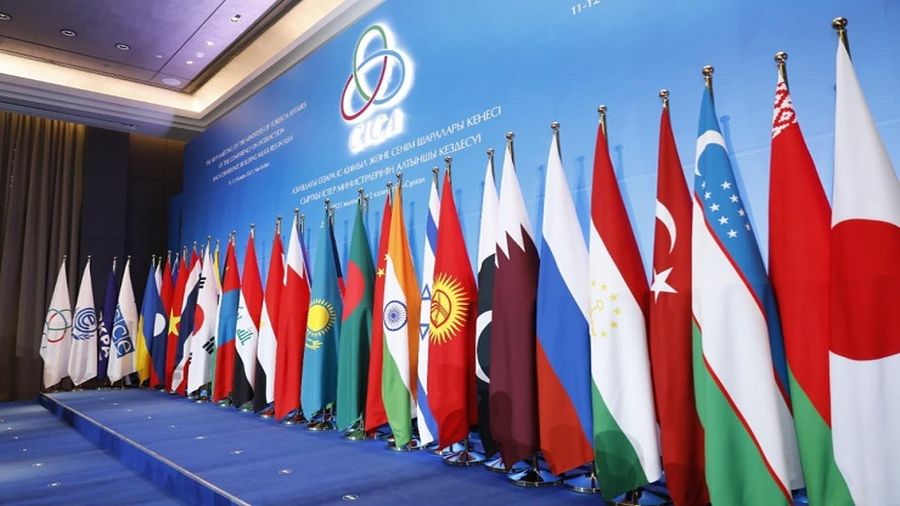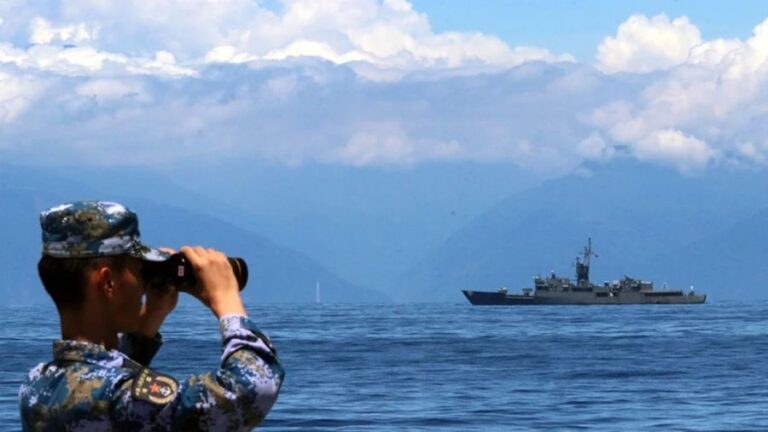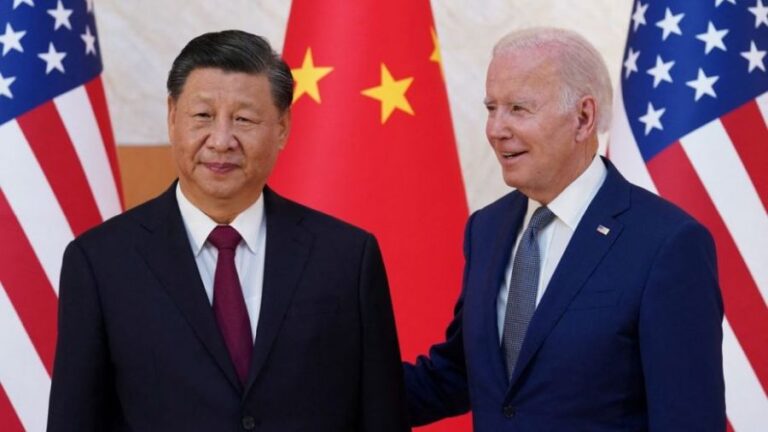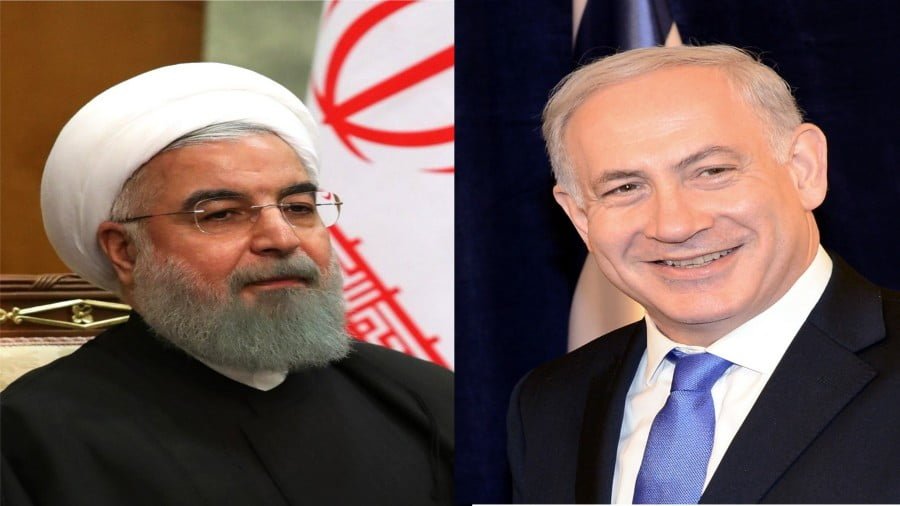CICA on Course to the Establishment of the Asian Union
The sixth summit of the Conference on Interaction and Confidence-Building Measures in Asia (CICA) – an international forum uniting the states of the Asian continent with the mission of strengthening relations to ensure stability and security in the region – has ended in Astana. Official representatives of more than 30 states of the Asian region participated. Opening the summit, President of Kazakhstan Kassym-Jomart Tokayev emphasized: “The forecast that the 21st century will be the century of Asia has become a reality today”.
The idea of holding such a meeting of regional states was proposed by Kazakhstan at the 47th session of the General Assembly of UN in October 1992, and the first meeting was held in 2002.
The past sixth summit was a continuation of the trend of shifting global economic and intellectual activities to Asia, which was clearly evidenced by the statistics and forecasts of politicians and experts. According to the World Bank, by 2021, five of the world’s seven largest economies by GDP were in Asia: China, India, Japan, Russia, and Indonesia.
Asia has great demographic potential for further economic and consumption growth: the total population of Asian countries was estimated at 4.72 billion at the end of 2021, an increase of an additional 50.3 million people during the year. Of the estimated $30 trillion consumption growth of the global middle class, only $1 trillion will be accounted for by Western economies by 2030, with a much larger share accounted for by the Asian region.
Asia is home to the world’s leading military powers, both in terms of the size of military budgets and the size of armies.
Given the region’s rapid growth and potential, many experts are increasingly expressing that the 21st century will be the “Asian century.”
CICA’s analytical center forums have already become a universal platform for experts and specialists from across Asia to share experiences and ideas and conduct joint research projects. In 2021, CICA revised the Association’s Catalog of Confidence-Building Measures, which includes new priority areas of cooperation in areas such as epidemiological security, healthcare and pharmaceuticals, information and communication technology security. This year, the CICA Foundation was established to create a dedicated mechanism for selecting CICA projects and raising voluntary funds for their implementation. The number of observers and partners is growing, and it was decided to start cooperation with the Eurasian Economic Union and the Association of Southeast Asian Nations (ASEAN).
In its 30 years of existence, CICA has developed mechanisms and institutions that have already proven their effectiveness. In this regard, during the latest summit, Kazakhstan’s initiative to recognize CICA as a full-fledged international organization was supported, making CICA a global project. According to the decision, the main goal of transforming CICA into a full-fledged regional international organization is to identify key areas for future cooperation and strengthen the organizational and institutional basis for interaction among CICA member countries. This transformation is expected to contribute to economic recovery and sustainable, inclusive development and create favorable conditions for regional financial cooperation within the organization.
Considering the unprecedented progress in the development and use of information and communication technologies (ICTs), and their growing influence on daily life, national and international security, and stability, a very important document adopted at the end of the Forum was the Declaration of the Heads of State and Government of the CICA member states on cooperation in the field of ensuring security in the use of information and communication technologies and information and communication technologies themselves. The declaration states, “We are committed to preventing interstate conflicts that may arise from the illicit use of ICTs, including by reducing the risk of misunderstandings among CICA member states and strengthening mutual trust in the interest of ensuring national, regional, and international security.”
In developing this theme, the CICA Action Plan for the Implementation of the UN Global Counter-Terrorism Strategy is another critical document adopted following the results of the sixth summit. It strongly condemns terrorism in all its forms and manifestations. It declares that all terrorist acts are criminal and unjustifiable, regardless of their motives and regardless of when, where, and by whom they were committed. This plan specifically provides for:
– measures to eliminate conditions conducive to the spread of terrorism;
– prevention and suppression of terrorism;
– measures to build the capacity of CICA member countries to prevent and combat terrorism;
– measures to ensure the protection of human rights and the rule of law as a fundamental basis for the fight against terrorism.
In the context of ongoing global geopolitical tensions and threats to international food security, and the disruption of established supply chains, the sixth summit discussed steps to exploit the transit and transportation potential of participating countries to ensure and create effective pathways for the movement of goods. This will naturally contribute to the intensive economic development of Asian countries.
Against the background of growing climate challenges and the importance of collective cooperation in solving environmental problems and minimizing the associated risks, the environmental dimension was given special attention at the summit. In particular, the President of Kazakhstan recalled that in 2021, some 57 million people in Asia were affected by climate disasters. And given the projections that the consequences of such climate disasters will not diminish in the long term, the Head of State of the Republic of Kazakhstan proposed to hold a high-level conference on environmental issues in CICA countries in Astana in 2024, outlining the creation of a CICA Council for cooperation in the field of ecology.







